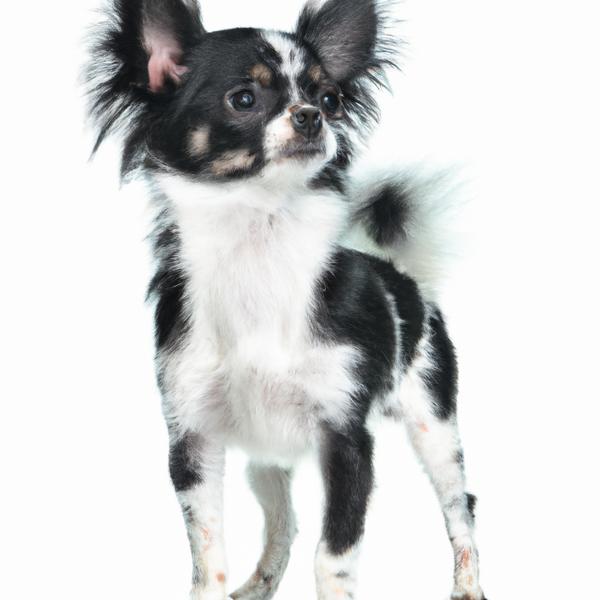Chin-Ocker vs. Boxspring: Breed Differences and Similarities
Hypoallergenic
Are Chin-Ockers or Boxsprings hypoallergenic, or neither?
Unfortunately, neither Chin-Ocker nor Boxspring are hypoallergenic, which may not make them the best choice for dog lovers who suffer from pet allergies.
Temperament
What are the personalities of Chin-Ocker and Boxspring dogs?
Playful
Loving
Independent
Alert
Intelligent
Friendly
Affectionate
Loyal
Trainable
Quiet
Faithful
Playful
Energetic
Alert
Intelligent
Confident
Friendly
Affectionate
Loyal
Social
Fearless
Cheerful
Brave
Bright
Shedding Level
Do Chin-Ockers shed more than Boxsprings, or which breed sheds more, Chin-Ockers or Boxsprings?
Chin-Ocker or Boxspring dogs are not heavy shedders, but they will lose a significant amount of hair each year. To decrease the amount of shedding, you can regularly brush your Chin-Ocker or Boxspring. This will remove loose hair and keep their coat growing in the same direction.
Watchdog Ability
Which dog breed makes a better watchdog, the Chin-Ocker or Boxspring?
The Chin-Ocker and Boxspring breeds are not the best choice if you want good watchdogs. If you're looking for guard dogs, these breeds are not the right ones for you. They will 'watch' everything - but that's usually as far as they go.
Origin
What is the origin of Chin-Ocker and Boxspring dog breeds?
United States
Europe
Ancestry
What are the origins of Chin-Ocker and Boxspring breeds?
Japanese Chin, Cocker Spaniel
English Springer Spaniel and Boxer
Breed recognition
Which kennel clubs recognize/register Chin-Ocker and Boxspring?
ACHC = American Canine Hybrid Club
DDKC = Designer Dogs Kennel Club
DRA = Dog Registry of America, Inc.
IDCR = International Designer Canine Registry®
DRA = Dog Registry of America, Inc.
Date of Birth
When were Chin-Ocker and Boxspring breeds first developed?
2000s
Unknown
Eye Color Possibilites
What are the eye colors of Chin-Ocker and Boxspring dogs?
Brown
Brown
Nose Color Possibilites
What are the natural nose colors of Chin-Ocker and Boxspring?
Black
Black
Coat Color Possibilites
What are the natural colors of the coat for Chin-Ocker and Boxspring breeds?
Cream
White
Pied
Red
Brown
Black
Coat Length
What is the typical coat length for Chin-Ocker and Boxspring breeds?
Chin-Ockers have longer coats compared to most dogs.
Boxsprings have coats that can be either short or medium in length.
Coat Density
What is the density of the coat of Chin-Ocker and Boxspring?
Coat Texture
What is the hair texture of Chin-Ocker and Boxspring?
Wiry
Straight
Litter Size
What is the usual litter size for Chin-Ocker and Boxspring?
A Chin-Ocker can have a litter of 6-8 puppies on average. However, it's worth noting that the size of the litters can vary greatly. Factors that can influence litter size include the health of the mother, breeding history, and genetics.
A Boxspring can have a litter of 4-10 puppies on average. However, it's worth noting that the size of the litters can vary greatly. Factors that can influence litter size include the health of the mother, breeding history, and genetics.
Adaptability
Chin-Ocker and Boxsprings are known for their adaptability and versatility. They are capable of adapting well to a wide range of lifestyle changes and living environments, making them great companions for families and individuals of all lifestyles.
Health Issues
Between Chin-Ocker and Boxspring, which breed is more prone to health problems?
While the Chin-Ocker breed is generally healthy, occasional vet check-ups are still necessary to address any health concerns.
Boxsprings typically have low vet costs due to their good health, but it's important to monitor their health and seek vet care when necessary.
Major Concerns
What are the major health concerns for Chin-Ocker and Boxspring breeds?
Hip Dysplasia
Hip Dysplasia
Congenital Heart Defect
Minor Concerns
What minor health issues should be kept in mind when owning Chin-Ocker and Boxspring?
Ear Infections
Patellar Luxation
Cataracts
Glaucoma
Corneal Dystrophy
Atopy Dermatitis
Entropion
Occasional Tests
What occasional tests are recommended for Chin-Ocker and Boxspring breeds?
Eye Examination
Physical Examination
Radiographs
Physical Examination
Radiographs
Optical Examination
Angiocardiogram
Energy
How do the energy levels of Chin-Ockers and Boxsprings compare?
For those who lead a balanced lifestyle, Chin-Ocker and Boxspring breeds may be a good choice as they have an average energy level.
Social Needs
Chin-Ocker vs Boxspring social needs comparison
Chin-Ocker and Boxspring have very high social needs. These needs include regular mental and physical stimulation, a job or purpose, and companionship. They thrive in environments where they have a lot of interaction with humans and other dogs.
Exercise Needed
Chin-Ocker vs Boxspring exercise need comparison.
The Chin-Ocker and Boxspring breeds are breeds that require minimal physical activity to maintain a healthy lifestyle. They are ideal for people with busy lifestyles, elderly people or those who have limited mobility. They also make great pets for those who live in small apartments or have limited outdoor space.
Sleeping Need
Which of the two sleeps the most/least: Chin-Ocker or Boxspring?
Chin-Ockers have moderate energy levels and typical sleep patterns of 12-14 hours per day.
Boxsprings are active and require sufficient sleep to stay healthy.
Tendency to Bark
Do Chin-Ockers or Boxsprings bark more/less frequently?
Compared to most other breeds, Chin-Ocker and Boxspring tend to be less vocal and bark less frequently. They typically only bark when necessary, such as to communicate or alert their owner, and do not bark excessively, especially when left alone.
Mouthiness
Mouthiness Comparison: Chin-Ocker vs Boxspring?
Roaming urge
Chin-Ocker vs Labrador: Running away tendency?
Prey Drive
Chin-Ocker or Boxspring - which breed has a higher level of prey drive?
Activity Level
Which breed has higher energy, Chin-Ockers or Boxsprings?
Both Chin-Ocker and Boxspring are medium-energy dogs that enjoy socializing and playing with other dogs. They may engage in casual or sustained games of chase, and occasionally have bursts of barking or racing around the house.
Tolerance of being left alone
Walks per Week
How many miles should Chin-Ocker or Boxspring walk each week?
There's really no limit to how far you walk your dog as long as they're comfortable. For Chin-Ocker, it's at least 8 miles / week. Just remember to build distance and stamina gradually over time.
There's really no limit to how far you walk your dog as long as they're comfortable. For Boxspring, it's at least 9 miles / week. Just remember to build distance and stamina gradually over time.
Activity per Day
Do Chin-Ockers or Boxsprings require more exercise?
In general most Chin-Ockers usually need at least 60 minutes of exercise daily. This can be spread across the day and include all sorts of high-energy activities, like walking, running and playing.
In general most Boxsprings usually need at least 40 minutes of exercise daily. This can be spread across the day and include all sorts of high-energy activities, like walking, running and playing.
Grooming
Which breed is easier to maintain in terms of grooming, Chin-Ockers or Boxsprings?
Chin-Ocker and Boxspring are breeds of dogs that require an average amount of grooming effort.
Brushing Frequency
What is the recommended brushing frequency for Chin-Ocker and Boxspring dogs?
Chin-Ocker should be brushed at least once a week. Of course you can give them more frequent brushes if you find that they are still shedding a lot
Ideally, Boxspring should be brushed at least 2 or 3 times a week (preferably daily) improve shedding.
Brushing Tools
What brushing tools are used for Chin-Ockers and Boxsprings?
Slicker Brush
Dematter
Comb
Nail Clipper
Pin Brush
Comb
Nail Clipper
Cups
How much food should be given to Chin-Ocker or Boxspring in cups?
For an average 15-25 pound (7 - 11 kg) Chin-Ocker feed 1 cups daily. But, keep in mind, the amount you feed is going to be dependent on the quality of the food you are feeding.
For an average 20-60 pound (9 - 27 kg) Boxspring feed 3 cups daily. But, keep in mind, the amount you feed is going to be dependent on the quality of the food you are feeding.
Daily Cost
Which breed has a higher daily cost, Chin-Ocker or Boxspring?
The average cost of a Chin-Ocker is somewhere $1.10 - $1.40 per day.
The average cost of a Boxspring is somewhere $1.70 - $2.00 per day.
Monthly Cost
Which breed has a higher monthly cost, Chin-Ocker or Boxspring?
The average per month expenses of a Chin-Ocker is between $35 - $42. This makes an average of $420 - $504 per year. It will be on the higher side when the dog is still small because it will need more frequent visits to the vet, shots.
The average per month expenses of a Boxspring is between $48 - $63. This makes an average of $576 - $756 per year. It will be on the higher side when the dog is still small because it will need more frequent visits to the vet, shots.
Intelligence
Comparing Intelligence: Chin-Ockers vs Boxsprings
Chin-Ockers are average in obedience intelligence but have a high IQ and may cause trouble if left unsupervised.
Boxspring is a very intelligent and trainable breed.
Sensitivity Level
How do Chin-Ocker and Boxspring compare in sensitivity?
These breeds are more sensitive than others and easily overwhelmed by new surroundings and people. Chin-Ocker and Boxspring need gentle handling and a calm, stable home environment with positive reinforcement training.
Affection Dependance
Which is the more affectionate dog breed: Chin-Ocker vs Boxspring?
Apartment Friendly
Which breed is more apartment-friendly: Chin-Ocker or Boxspring?
Chin-Ockers and Boxsprings are known for being excellent apartment dogs. They are fairly active indoors and will do okay without a yard.
Child Friendly
Do Chin-Ockers or Boxsprings have a friendlier temperament towards children?
Chin-Ocker and Boxspring are kid-friendly dogs. They are good with children and excellent dogs with children if they are socialized and trained at a young age.
Senior-friendly
Which dog is more suitable as a pet for the elderly - Chin-Ocker or Boxspring?
Cat Friendly
Do Chin-Ocker or Boxspring breeds have a better compatibility with cats?
Chin-Ockers are very friendly with cats and make great companions for them.
Boxsprings are average in their friendliness toward cats and tend to do well with them, especially if raised together.
Dog Friendly
Which breed is more sociable with other dogs: Chin-Ocker or Boxspring?
Chin-Ockers and Boxsprings are friendly, active and loyal companions. They generally love to be around other dogs, making them a good family pet for some.
Pet friendly
How do Chin-Ocker or Boxspring dogs interact with other pets?
Stranger Friendly
Which breed is more friendly with strangers: Chin-Ocker or Boxspring?
Chin-Ocker and Boxspring are friendly dogs and typically won't bark at strangers. However, if you wish to change this behavior, training them is easy thanks to their intelligence, making it pretty simple to teach them anything.
Playfulness
Which breed is more playful between Chin-Ocker and Boxspring?
Chin-Ockers are a playful breed that needs daily playtime to be happy.
Boxsprings are very playful, so adopting an older one might be a better option for a more relaxed experience.
Trainability
How do the trainability levels of Chin-Ockers and Boxsprings compare?
Chin-Ocker and Boxspring dogs are known for their ease of training and ability to learn quickly, making them a popular choice for pet owners and trainers alike.
Compare Chin-Ocker with other breeds
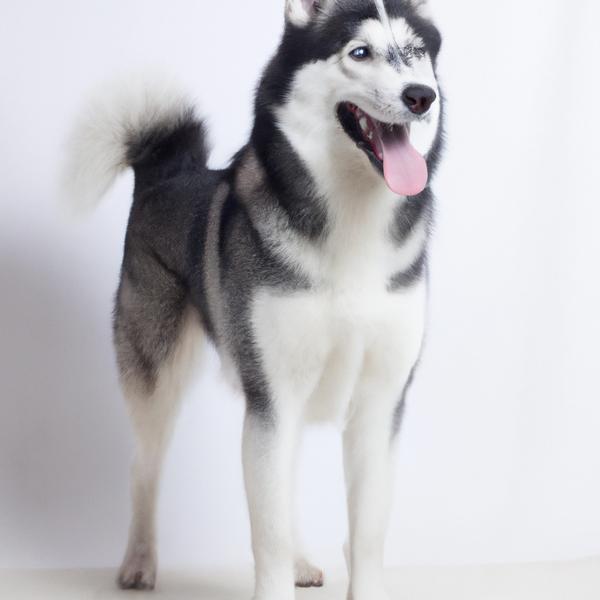
Husker
Chin-Ocker vs Husker
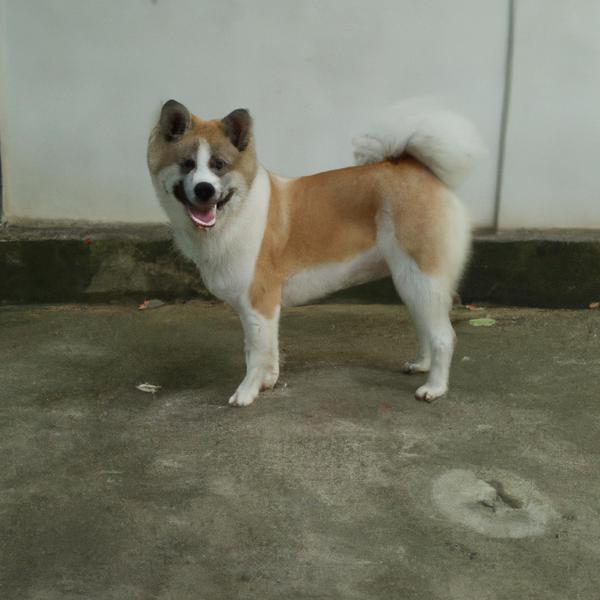
Baskimo
Chin-Ocker vs Baskimo
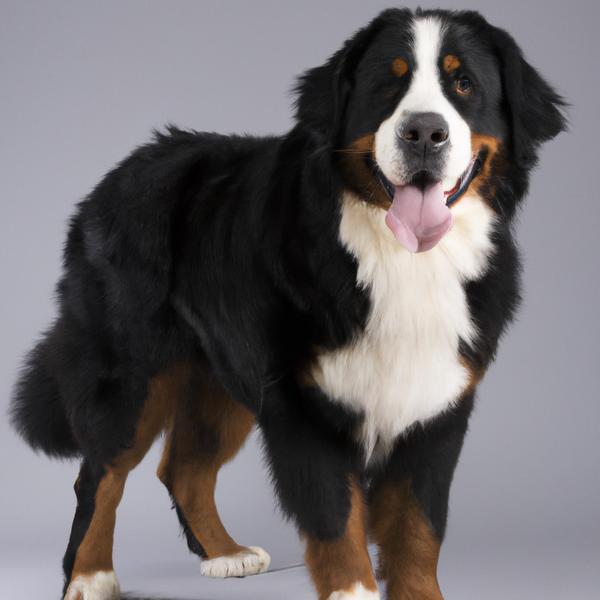
Saint Bernese
Chin-Ocker vs Saint Bernese
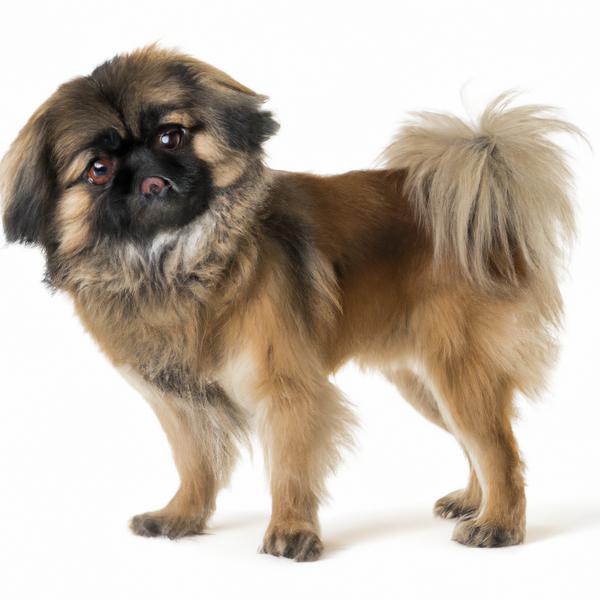
Peke-A-Boo
Chin-Ocker vs Peke-A-Boo
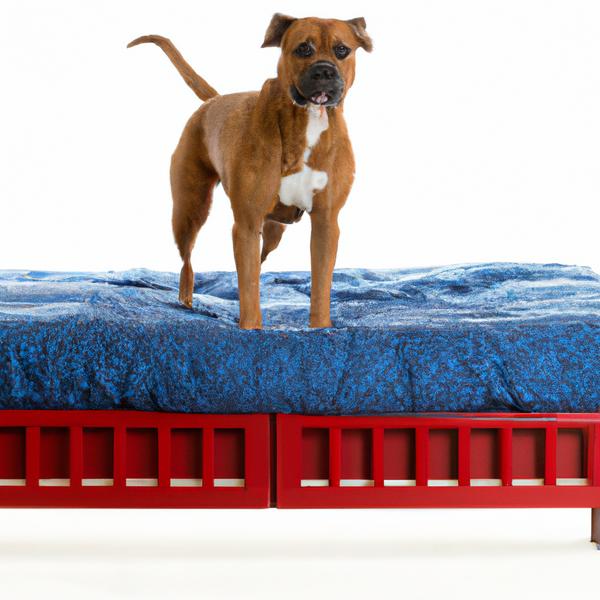
Boxspring
Chin-Ocker vs Boxspring
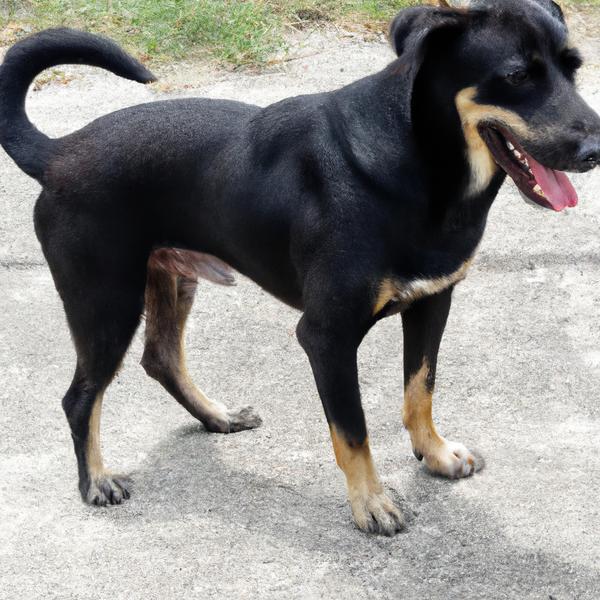
Malanees
Chin-Ocker vs Malanees
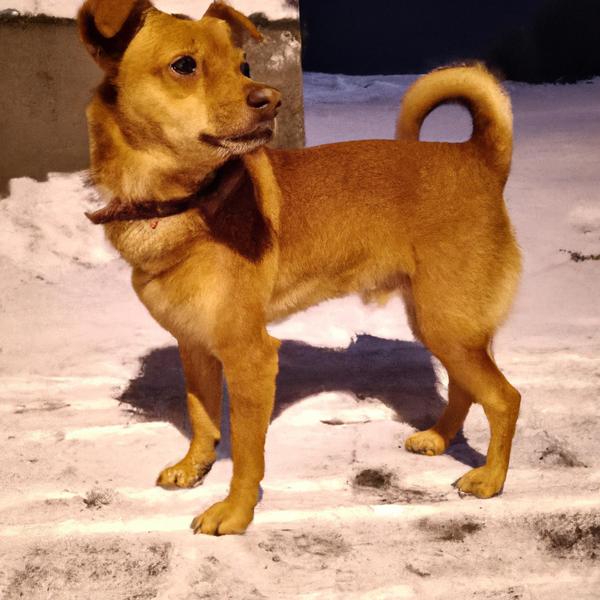
Pekarin
Chin-Ocker vs Pekarin
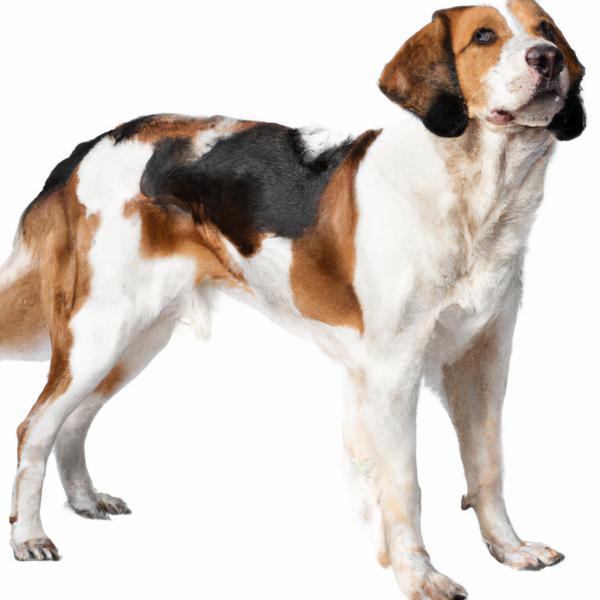
Italian Greagle
Chin-Ocker vs Italian Greagle
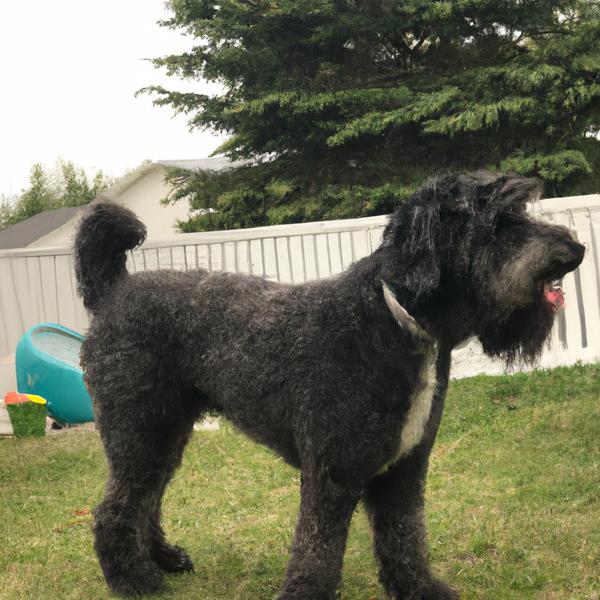
Giant Schnoodle
Chin-Ocker vs Giant Schnoodle
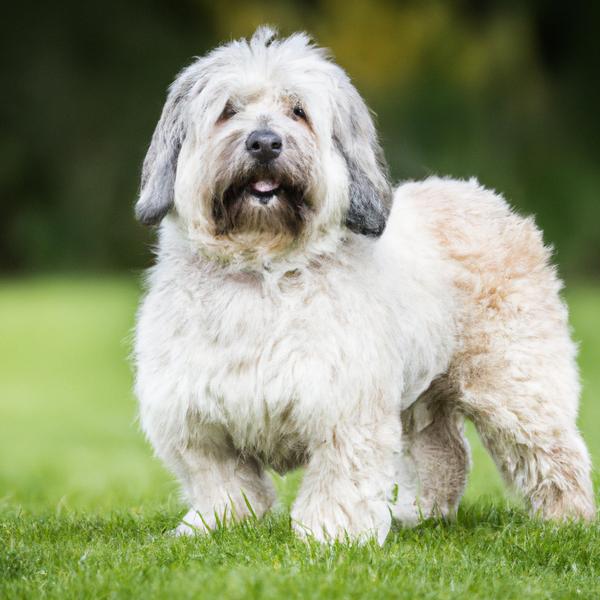
Wel-Chon
Chin-Ocker vs Wel-Chon
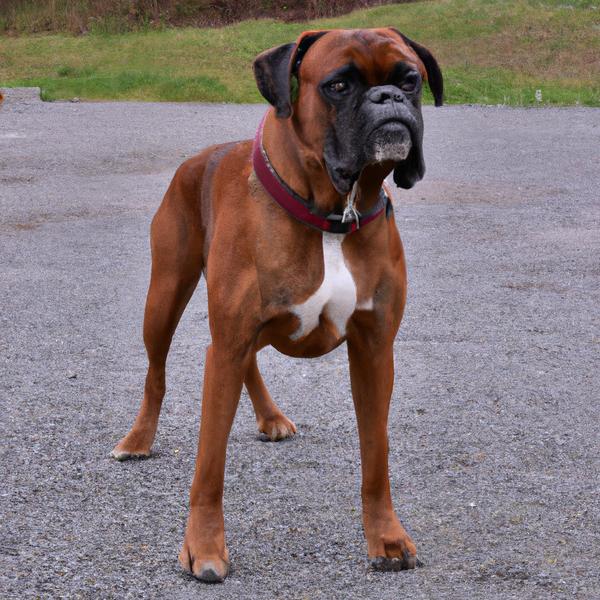
Dogue de Boxer
Chin-Ocker vs Dogue de Boxer
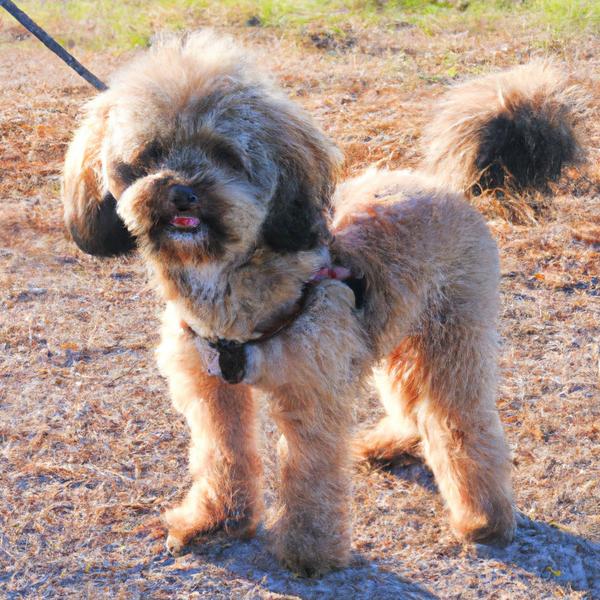
Poo-Ton
Chin-Ocker vs Poo-Ton
